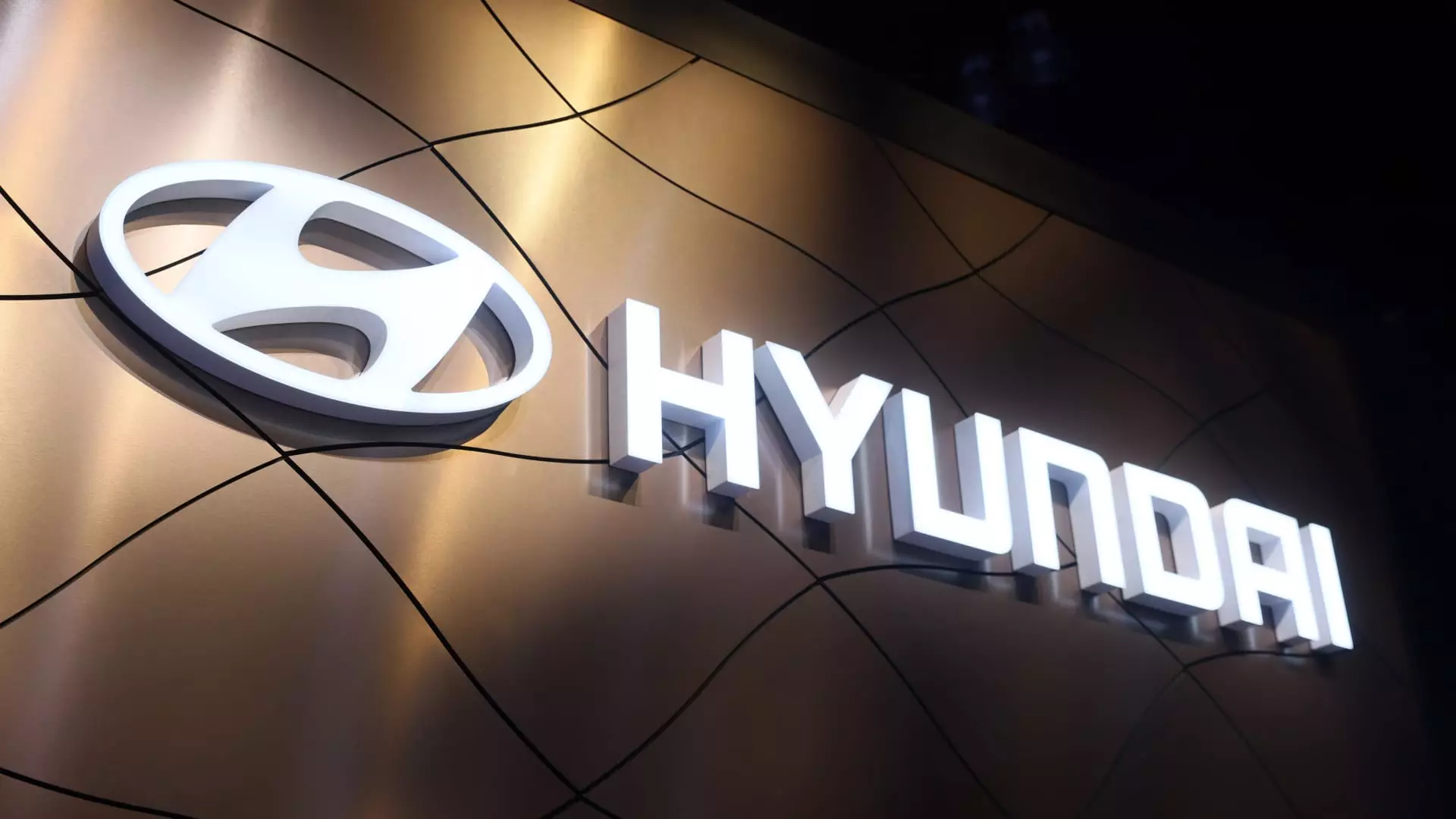In a notable announcement from Hyundai Motor North America, the company revealed it is set to recall over 42,000 vehicles due to a critical wiring defect that poses a significant risk of unintended movement. This disclosure, made via a notice from the National Highway Traffic Safety Administration (NHTSA), highlights issues with both the 2025 Hyundai Santa Cruz and Hyundai Tucson, potentially leading to severe safety hazards for consumers. The ramifications of such a recall underscore the critical nature of automotive safety standards and the responsibilities manufacturers bear in ensuring their vehicles are safe for public usage.
The faulty wiring in the mentioned vehicles affects the transmission system, allowing the vehicles to inadvertently shift from “park” without the requirement for a brake application. This defect significantly amplifies the likelihood of accidents and injuries, raising critical questions about vehicle safety engineering. The recall encompasses all 2025 Tucson and Santa Cruz models sold in the U.S., including approximately 35,500 units of the Tucson and over 6,900 of the Santa Cruz, which is a hybrid model combining aspects of a pickup truck and an SUV.
Hyundai’s decision to issue a recall for almost all of the vehicles manufactured for that model year indicates the seriousness of the defect. The percentage of affected vehicles is relatively small, estimated at around 1% by the NHTSA; however, even a single instance of mishap due to this issue can have devastating outcomes. This recall serves as a stark reminder that automotive manufacturers must remain vigilant in identifying and rectifying potential faults before they can have disastrous consequences on the roads.
For owners of the affected Hyundai vehicles, there is currently no restriction on driving, but the NHTSA has strongly recommended utilizing the parking brake when the vehicle is unattended. This interim measure is critical in preventing unintentional rollaway incidents while the company addresses the defect. Hyundai has committed to addressing the issue by rerouting the console extension wiring assembly at no cost to the vehicle owners.
Letters are anticipated to be sent to affected owners by January 19, 2025, providing them with further instructions and support regarding the recall. While waiting for corrective measures, it is essential for owners to be aware of their vehicle’s status and the possible risks associated with continued operation.
The current recall is not an isolated incident for Hyundai. The company also faces another recall involving over 145,000 electric vehicles, specifically the Genesis and IONIQ models. This separate recall arises from concerns about the integrated charging control units (ICCU) potentially malfunctioning, which could lead to an inability to charge the vehicle batteries effectively. As with the Santa Cruz and Tucson recall, Hyundai is prepared to offer affected owners inspection and necessary repairs free of charge.
This situation illustrates the broader context of automotive safety, which has garnered increased attention from both manufacturers and regulatory bodies. Safety recalls are often difficult for companies due to the potential damage to their brand reputation and the financial implications of addressing widespread issues. Firms like Hyundai must navigate these challenges while ensuring consumer safety is prioritized.
The current recall situation underscores the essential need for thorough regulatory oversight and proactive measures from automotive manufacturers. Vigilance in quality assurance and ongoing monitoring of vehicles post-sale is vital to maintain public trust and safety. As consumers, awareness and prompt action regarding any safety notices can substantially mitigate risks associated with automotive defects. Both Hyundai and its customers must work collaboratively to ensure that these incidents, while unfortunate, lead to enhanced safety protocols and more rigorous standards in the automotive industry moving forward.


Leave a Reply